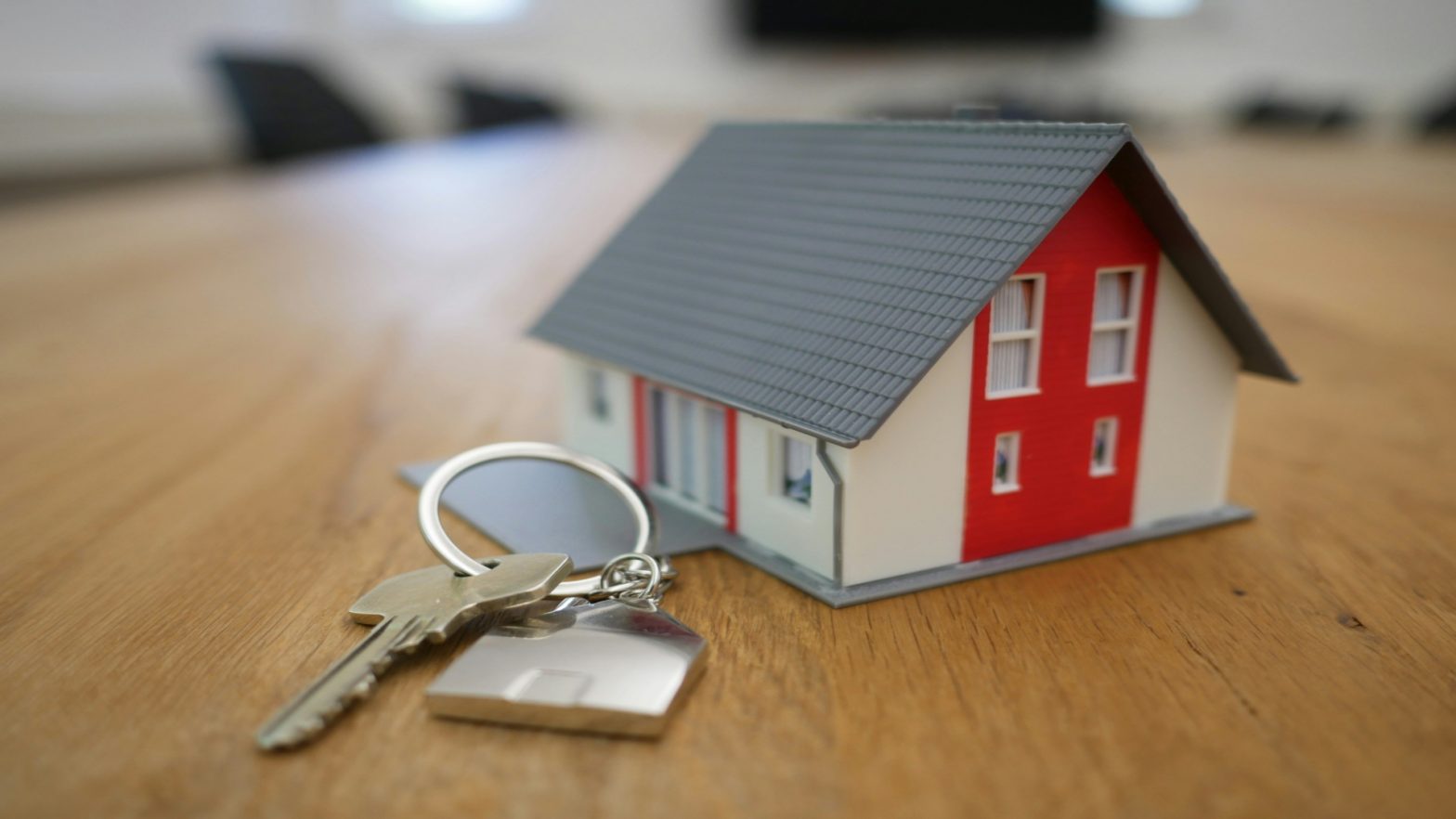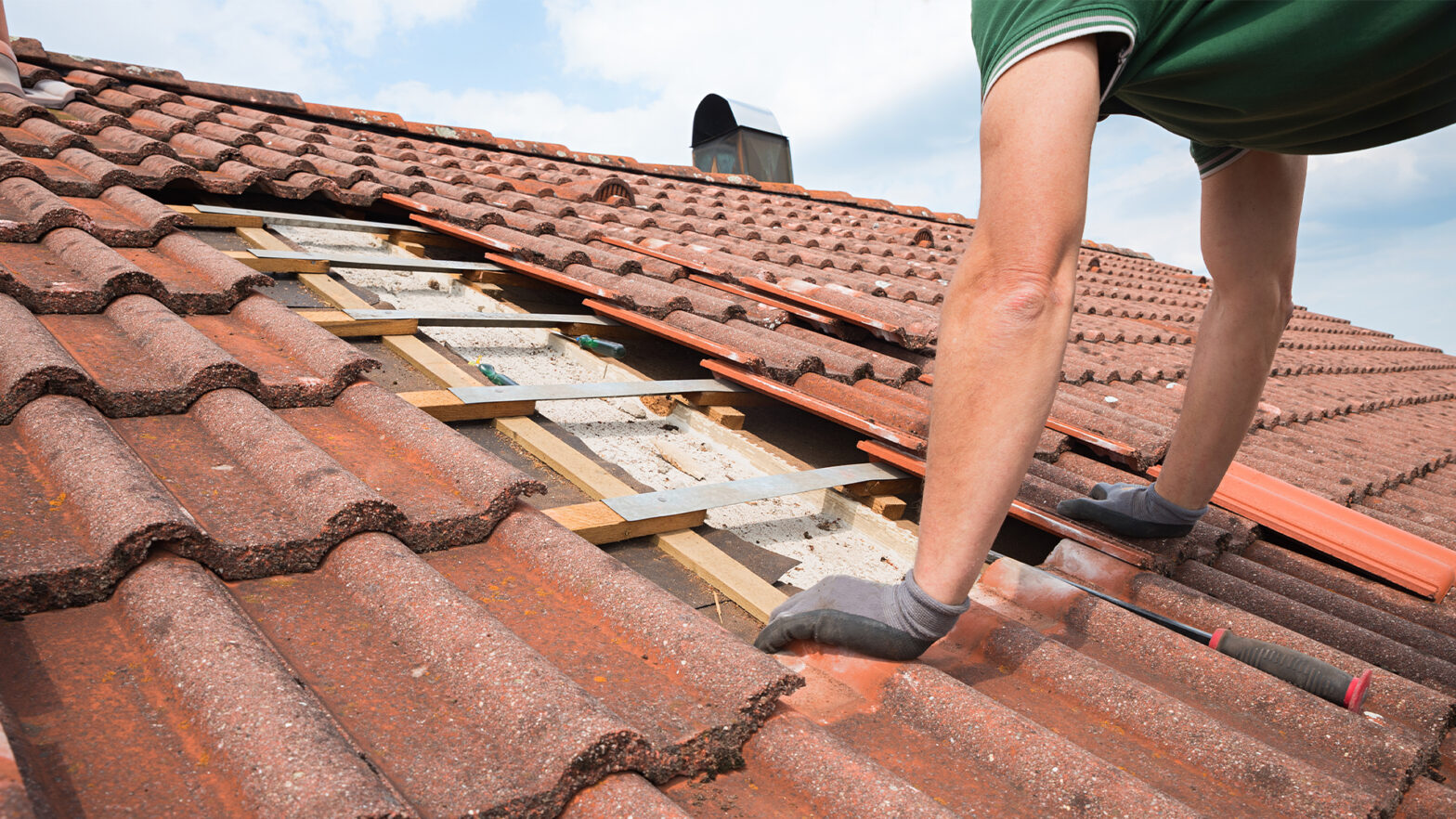Much more than Portland’s next-door neighbor, Beaverton is currently one of the fastest-growing communities in the country, and it’s showing in its housing market!
The dynamics are getting clearer, and anyone paying close attention to the Beaverton real estate market can see a trend over the past year. As the population growth rises in this town, the cost of owning properties might be reaching new heights.
Let’s break all this down: what’s the increased real estate valuation in Beaverton all about? How’s the increased population affecting the market? What does the future hold in Beaverton?
Overview of Beaverton Housing Market Trends
As of January 2024, real estate in Beaverton, Oregon, became a seller’s market—relatively, it means more people were looking to buy homes than there are available.
In fact, many Beaverton, OR, movers have more clients due to how fast houses sell on the market. On average, new houses put up for sale last barely 46 days compared to last year’s over 50.
Fast forward a month to February 2024, the median listing price for all home types in Beaverton is $579,975, a 7.1% increase from last year and the average rent price across all house rentals is $1,742.
Residential Real Estate Market Trends in Beaverton
Closely observing the real estate housing market trend in Beaverton from last year until February 2024, you’ll notice a few prominent patterns in buyer-seller transactions.
Let’s take a look at these trends.
- Increased pricing
Undoubtedly, there has been a growing demand for housing as the population growth in Beaverton reaches new highs. In turn, the housing market has taken effect, with the sales-to-list price ratio reaching almost 100%.
Many homes in January sold for approximately the asking price or a bit above it due to rising demands and competitiveness.
- Median Sale Price: $565,000
- Median Days On the Market: 46
- Average Rent: $1,742
- Limited inventory
Like many cities and towns in Portland metropolitan, there’s a raging shortage of housing units for rent and sales purposes.
Unfortunately, the high demand for housing inventory and low supply for them causes increased competition and bidding wars during sales. Eventually, this has become one of the leading causes of real estate valuation in the area skyrocketing.
- Single-family homes bullish
One of the ongoing trends and predominant notions in the real estate Beaverton, Oregon market is the prevalent choice for single-family homes.
Beaverton is a family-friendly town with many amenities catering to a household. Now, many of the new residents swarming this town are families seeking suburban living and quiet family homes.
Of course, there’s also the demand for condos and townhouses, but single-family housing units seem to be the big thing.
- Investment potential
Due to the growing and hungry market in Beaverton, a lot of investment opportunities for real estate companies are open for the taking.
The increased population in Beaverton over the past year and the shortage of housing units have sparked the interest of shrewd investors.
New home constructions have begun all over the town, and they are ready to capitalize on the area’s growth and appreciation potential.
- Going green/new constructions
Like its neighboring town, Portland, Beaverton prioritizes sustainability and green living in its city. Across all residential areas, the construction of new housing units is placing a focus on using renewable energy initiatives and recyclable materials.
Many of the new houses will have designs (interior and exterior) supporting this movement, which will continue for a long time.
Commercial Real Estate Market Trends in Beaverton
As a town ripe with tons of investment opportunities and a growing population, the commercial real estate market has begun experiencing shifts and new trends compared to last year.
Let’s talk about each of the noticeable changes:
- Tech growth influence
Beaverton is gradually solidifying itself as a tech and innovative hub in Oregon, which has started attracting large businesses in the same niche to the town.
With the presence of some big names like Nike and Tektronix already in Beaverton, it makes it easier for other giant tech firms to create hubs in the growing area.
Due to this shift into the tech space, the commercial real estate market has a growing tendency for offices and industrial spaces.
- Mixed-use dominance
Many already existing businesses and startups opt for mixed-use buildings to take their company further. Residents in Beaverton hope to snatch up neighborhoods with amenities within walkable distances from their homes.
Using this survey data, the real estate market for business owners focuses on spaces that can provide chain businesses, lifestyle centers, and recreational and residential spaces.
- Office space dynamics
It’s a unique blend of requirements in the commercial real estate space in Beaverton. As the town grows towards being technologically driven with business owners wanting mixed-used buildings, the allure of the office space isn’t completely gone.
In the future, this could also change as the trend of remote working is still taking its roots. For now, office spaces still hold a solid place in Beaverton.
- Average price for industrial spaces: $13.46 per square foot
- Average rate for office space: $19.83 per square foot
- Average cost to lease retail spaces: $28.64 per square foot
- Demand for large spaces
Lately, Beaverton has been getting increased demand for industrial real estate from businesses requiring larger spaces like warehouses and distribution areas.
It’s a growing town, and its proximity to transportation, skilled workforce, and infrastructure makes it an attractive site for logistic and manufacturing businesses.
- Sustainability thriving
Similar to the residential real estate market, its commercial counterpart has taken sustainable development as a top consideration during construction.
Many of the large spaces you will find now in Beaverton have a focus on energy efficiency, LEED certification, going green practices, and any other must-use sustainable amenities and features.
Predictive Future Real Estate Trends in Beaverton
Based on the current real estate market trends in Beaverton, what does the future hold for this city?
It’s all going to be speculative, but there are a few significant outcomes that are most likely to affect the real estate market in this area.
Population growth
With 98,216 residents currently in Beaverton, available data suggests the number of people living in this part of Oregon will increase.
The driving factor behind this growth will be due to a better quality of life compared to Oregon’s average and higher employment opportunity.
Housing preferences shift
As urbanization and development creep into Beaverton, the trendy single-family housing style might change. Moreover, lifestyle changes could play a role in this shift with growing interest in a different choice of living from new residents.
Green initiative continues
A certainty with the real estate in Beaverton will be the continuation of its green and sustainable housing development pattern. Developers will continue to incorporate eco-friendly features into new housing units, which may affect the valuation in the real estate market.
Summary
As the Beaverton real estate market continues to evolve and show unique dynamics, the future is likely to experience shifts in ways following the demographic.
The major influences on the market will be a combination of iconic factors, governmental policy, and local choices. Till then, the real estate market in Beaverton remains family-focused and competitive.
Buying properties now means you will pay higher than the regular, and although the future doesn’t show prices will drop, there’s hope for the market to become favorable for buyers.

































